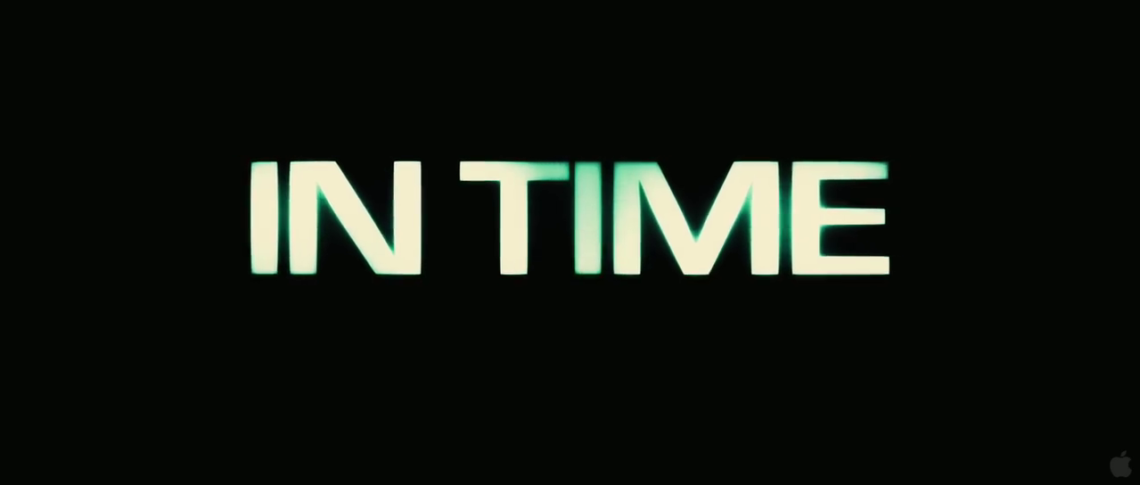-
#600 – In Time (2011)
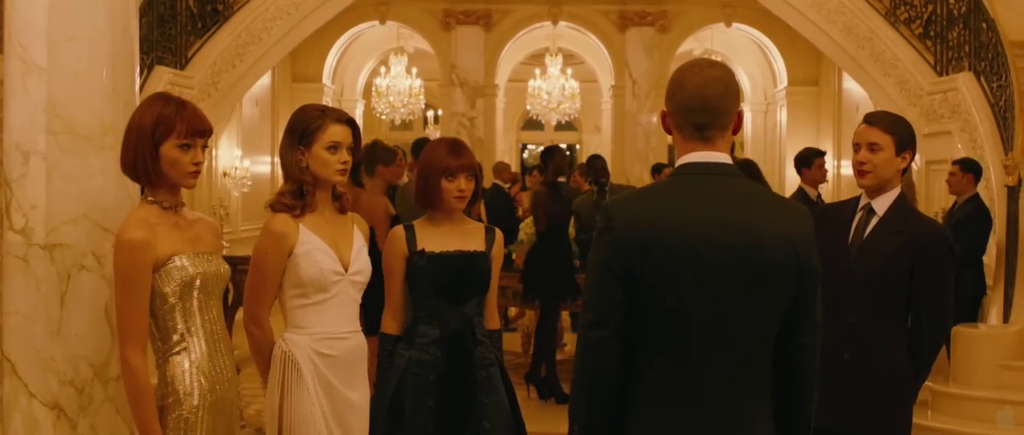
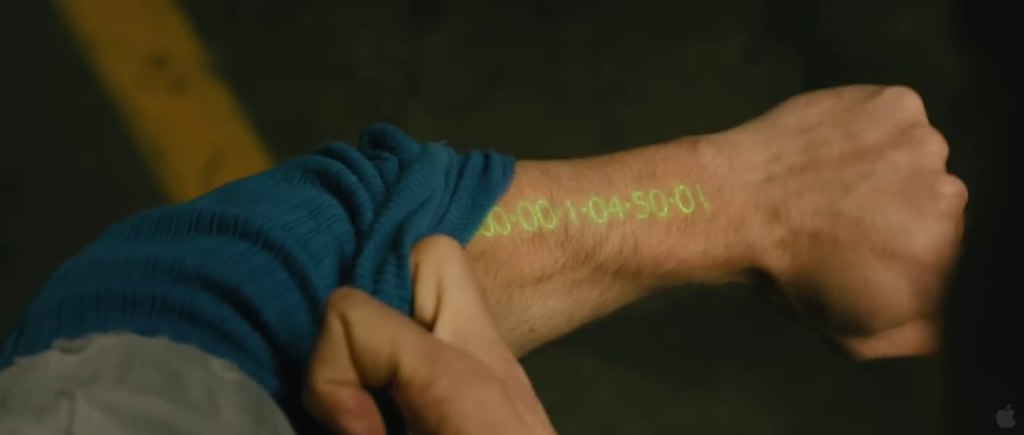
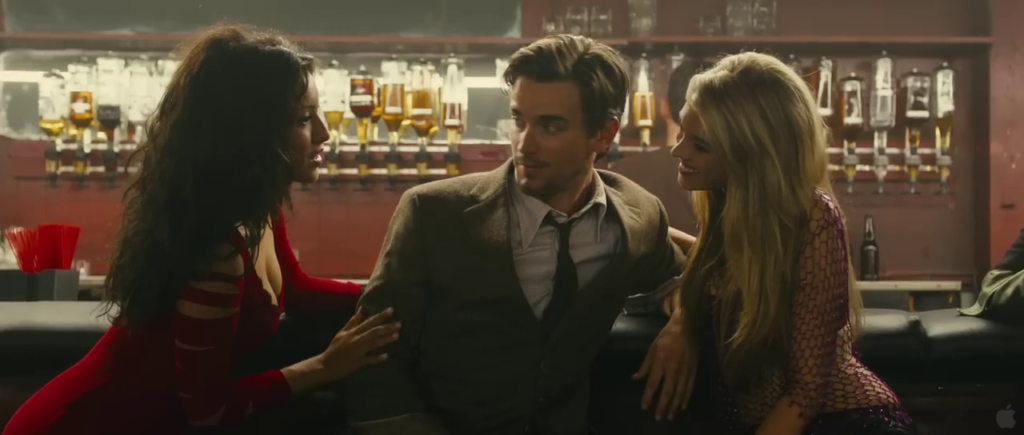
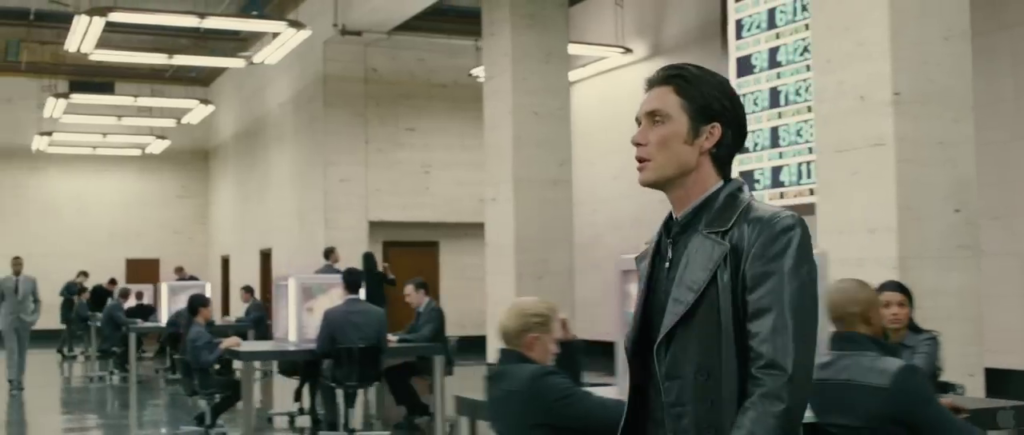
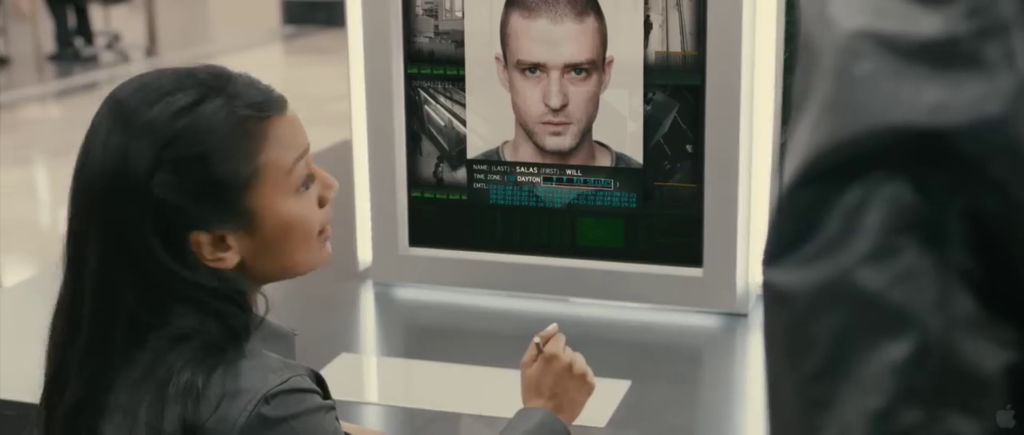
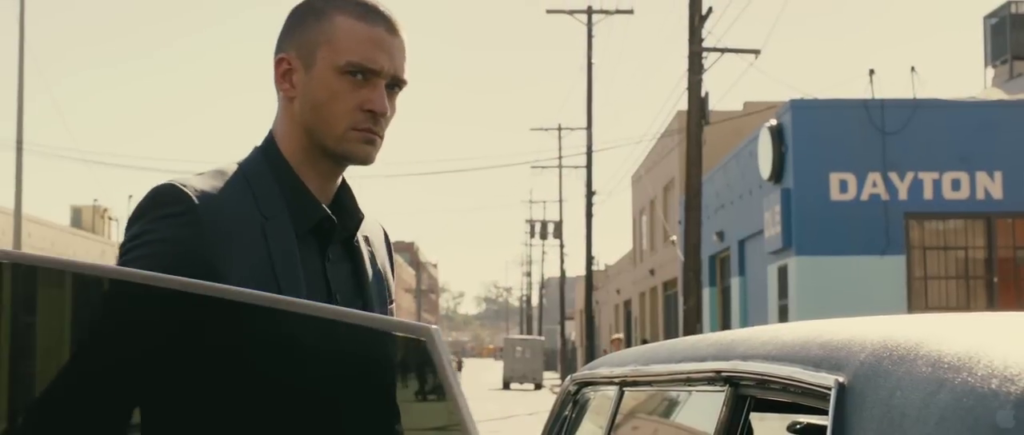
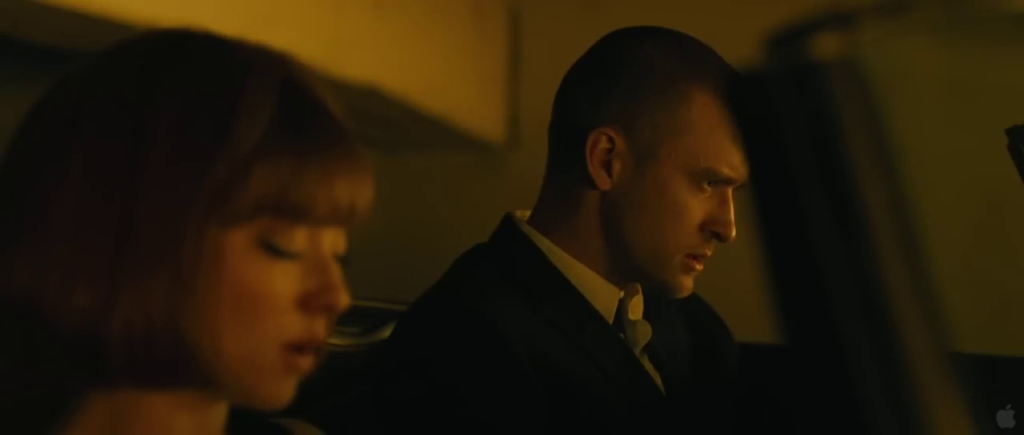
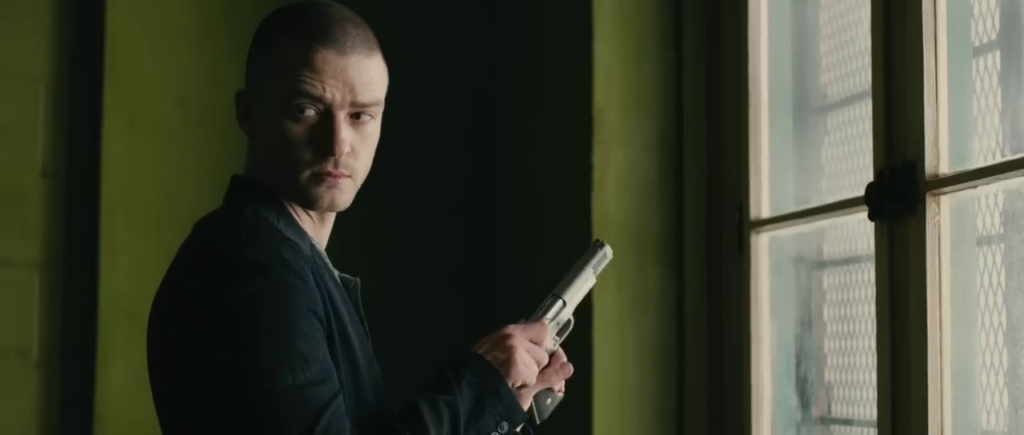
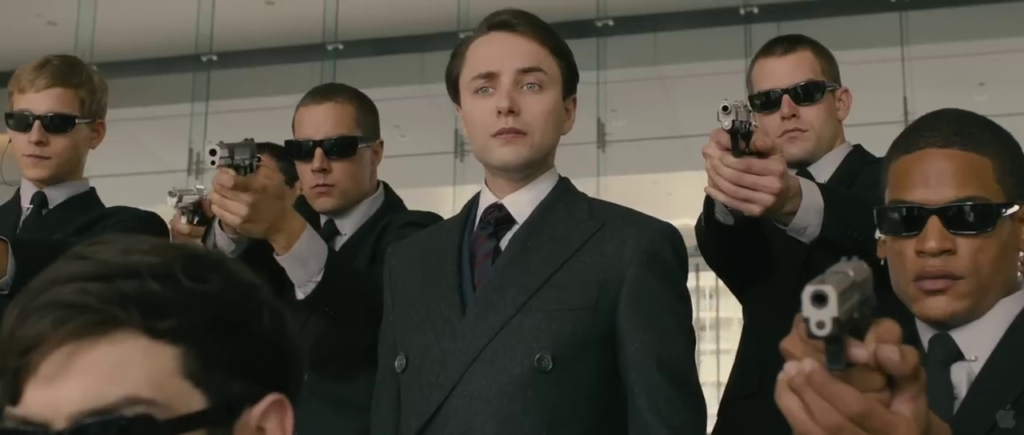
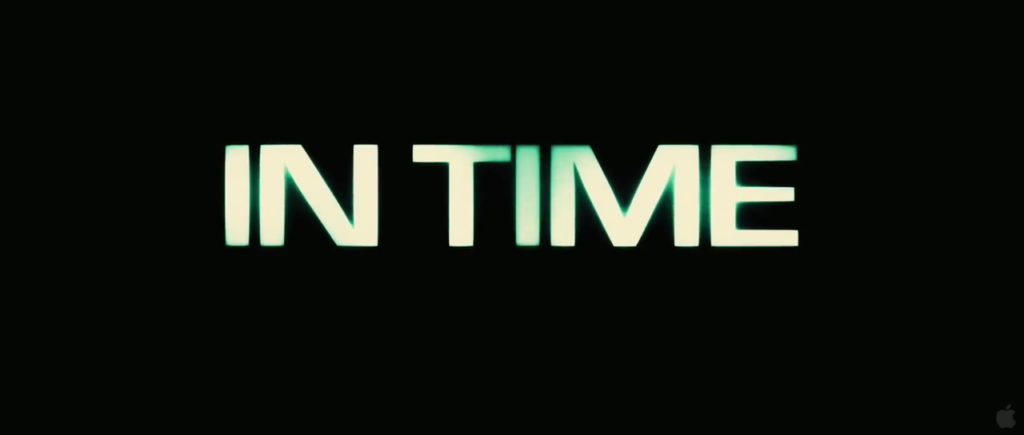
In Time (2011)
Film review #600
Director: Andrew Niccol
SYNOPSIS: In the future, time is the only currency: people stop aging at the age of twenty five, and after, must work to earn time on their lives, as well as using time to pay for everything else. Will Salas works in the ghetto, earning just enough to live day-to-day, when he meets a man at a bar who has over a century left on his life. The man, who has apparently been living over a hundred years, has grown tiring of living, and transfers all his remaining time to Will. Faring that having so much time could upset the balance of the economy, Will becomes hunted by Timekeepers whose job it is to restore order, while Will decides to use his new found time to fleece the system for everything it has…
THOUGHTS/ANALYSIS: In Time is a 2011 sci-fi film. Set in the future of 2169, time has become the only currency, where people stop aging at 25, and must get extra time on their lives by working for it, but also must pay for everything with that same time as well. It’s a fairly interesting set-up, although I don’t think overly novel. The downfall of the film is that it in no way explores the concept it leads with. At the start, we get a scene between main character Will Salas and who we are lead to believe is his wife, but turns out to be in fact his Mother, because everyone stops aging at the age of twenty-five, you would have no idea how old someone was. This seems like some thing that has potential to be explored, but it barely gets a mention. Another big part of the film is the portrayal of the gap between those who have to earn time day-by-day to keep from dropping dead, and those who have hundreds of years on their clock so they can practically live forever, thus creating a dystopia of inequality. The trouble here is, this doesn’t really seem any different than the systems of inequality we have today. Obviously science-fiction works best when it serves as a reflection of contemporary society in some way, but because the film’s concept is not developed or intertwined more closely with the core story, it becomes fairly irrelevant. We are often told about this system of inequality, and how people in the ghetto are fighting to survive, but every scene there is fairly calm and quiet, whereas you would expect people to be constantly fighting each other for seconds or minutes, particularly if they were at the end of their time. Therein lies the problem: the film tells you about the world, but what is shown rarely matches up to that, thus the film really tries to force feed it’s world to you, rather than letting viewers immerse themselves in it to explore for themselves. There’s also the fact that the future is hardly any different than our present, save for the time-based currency: all the cars, buildings etc. are things you would find in any city, and again, you’re just not immersed in this setting.
The plot proper concerns Will Salas (Justin Timberlake), a worker in the ghetto who meets a man from the rich zone with over a hundred years on his clock, who has grown tired of living after over a century. He gives Will all his time while he is sleeping, leaving just enough to throw himself of a bridge when it runs out. When Will’s mum dies as well from running out of time, Will decides to use his newfound time to take everything from the rich. It’s a bit of a leap from Will just trying to survive to becoming a revolutionary, as we aren’t really given any idea about his backstory or anything, and it feels like there’s a bit of a gap between suffering a loss to deciding to tear down the whole system. Will buys his way into the rich zone, and with the help of Sylvia Weis (Amanda Seyfried), the daughter of a rich banker whom Will initially kidnaps, the two embark on a Bonnie and Clyde style set of raids and robberies to distribute time from the elite to the people of the ghetto, disrupting the time-base economy, all the while being pursued by the timekeepers, who enforce the system. Given that the aim given in the film is for Will to bring down the whole system, the film instead just focuses on a constant chase between Will and authorities, never advancing the story in any significant way. In fact, the end of the film just states that they can’t up-end the system, and seemingly ends with the pair on their way to rob another time bank and just do what the film already showed ad infinitum. There’s also a small plot point that hints about Will’s Dad being killed for doing the same thing that he is doing, but this is mentioned off-hand once or twice and never becomes relevant to anything, which makes you wonder why it is mentioned at all.
Overall, In Time offers an interesting set-up, but ultimately fails to do anything with it. We are left with a world very similar to our own, and one that is too similar and thus unengaging, as the film constantly avoids developing it with any detail, or exploring any implications from its core concept. The characters are fairly bland, and Justin Timberlake’s performance hasn’t improved since his role in the sci-fi film Southland Tales, which had the same problems there. Unresolved plotlines, a lack of direction, and an absence of depth leave the viewer with a film that’s simple enough to follow and a bit of style, but wholly lacking in substance and direction.
